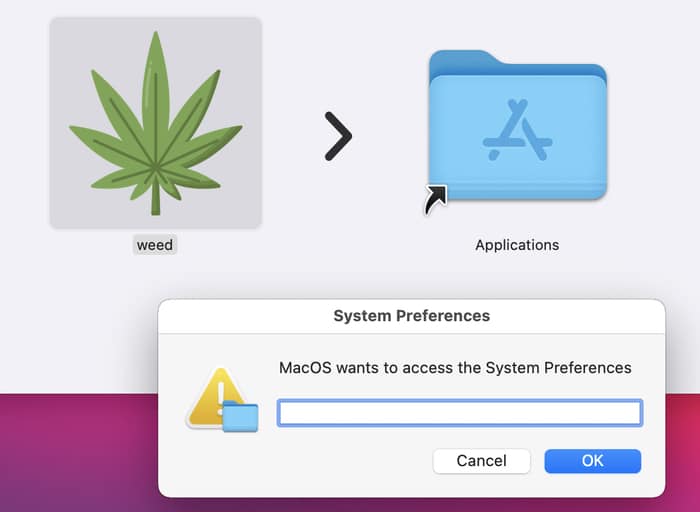Years later, I still run into people who believe their Apple Mac computers are magically immune to malware.
This is despite the fact that malware has been infecting various incarnations of Apple computers for longer than PCs. Macro he malware often doesn’t care what operating system the user is using. enterprise He’s been successfully developing antivirus software for Macs for over 25 years, and even Apple itself has been releasing updates to the antivirus defenses built into MacOS since 2009.
yes there are a lot many There’s more malware on PCs than on Macs, but that doesn’t mean the problem isn’t there. And while you might feel very smug that you don’t run any kind of antivirus on your Mac, Cropper probably puts a smile on your face.
With that in mind, it’s worth sharing that Uptycs’ Boffin shared some details Newly Discovered macOS Malware Last month they dubbed it “MacStealer.”
Distributed on dark web forums for as little as $100, MacStealer is a tool for stealing passwords, cookies, and credit card details from Google, Firefox, and Chrome browsers, according to Uptypcs. Additionally, the malware can steal keychain data and various types of data files (documents, spreadsheets, presentations, images, databases, archives, etc.) and send the stolen data back to hackers via Telegram.
Despite MacStealer’s creators claiming it’s “first beta”, it claims to support Intel, M1 and M2 Macs and work with macOS 10 (Catalina) through the latest macOS 13 (Ventura). It is
According to Uptycs, the malware spreads in a fairly rudimentary manner. Running a boobytrapped .DMG file can result in a fake system configuration prompt requesting the user’s password.

The problem gets worse when hackers get hold of computer passwords.
Although there are no indications that MacStealer is widely used by cybercriminals, it makes sense to protect your computer regardless of the operating system you run.
Did you find this article interesting? Follow Graham Cluley on Twitter again Mastodon To read more about the exclusive content we post.


